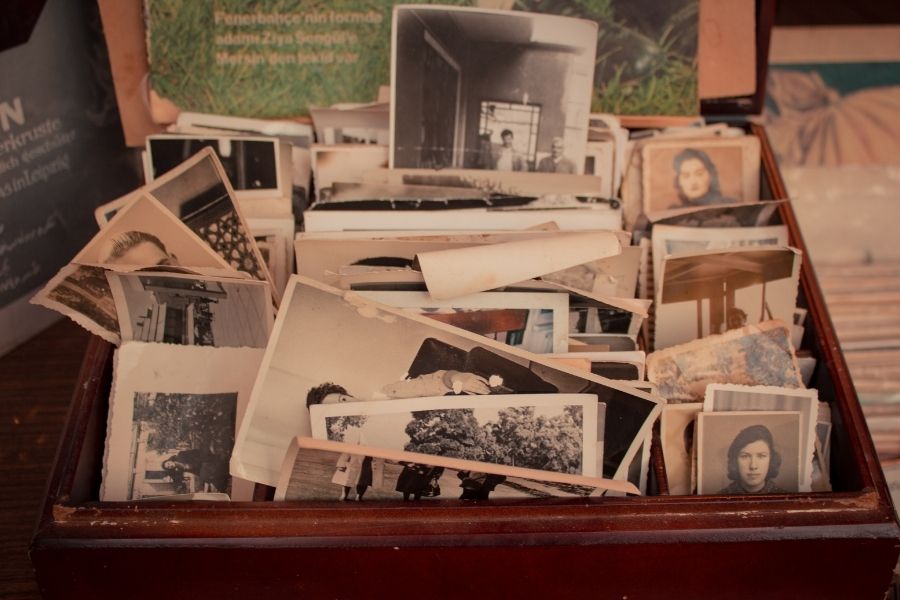How to Write and Deliver a Memorable Eulogy
While experiencing a death in the family is part of the journey that we all have to undertake, we cannot underscore how difficult it can be for those who lose their loved ones. Part of the process of accepting that one of our family members has departed for a better place is to conduct a memorial wake in their honor.
Among the most important parts of the celebration of their life is the eulogy. If you’re one of the chosen ones who would speak in front of the congregation, it can be quite challenging to come up with the appropriate eulogy to remember the dearly departed.
Although it can be stressful to create, because you’re still in the process of grieving, you need to do it. But, as many are wont to say, even if it’s difficult, someone’s got to do it.
Here are some tips to guide you in writing and delivering a memorable eulogy.
Wear something appropriate for the occasion
Whether you’re prepared to face the group or not, if you’re tasked to speak during a wake, you need to wear something appropriate for the occasion. Although times are changing depending on the family’s preferences, you need to ask about what type of clothing they would consider proper for the occasion. You need to respect their wishes and look the part.
Prepare your notes

It will be better to prepare some notes to help you out during the eulogy. Write down some of the things you would want to share with your audience. You can write the highlights or the specific points you would wish to emphasize. This will help you speak about the departed as you’ll have, at the very least, a reminder of what you want to tell the audience.
Start with a light-hearted story
Remember that you’ll be facing a lot of people who are emotional and in various stages of grief during the memorial service. It might be better to ease their pains by starting with a light-hearted story or anecdote about the dearly departed. Keep the situation as light as possible by telling them the good things and memories you can recall about the person. It will be cathartic for some as your retelling will surely make them remember the things that they shared with their loved ones. Of course, you (and the audience) might end up with tears as you recount the good times, but it’s alright – you’re grieving, too.
Recount the good things about the dearly departed

After you finish setting up the stage for the eulogy with your light-hearted opener, you must then launch into stories that would highlight how much the departed meant to you and the rest of the people in the audience. If you cannot recount the full details of a particular story, you can ask for help from the people who were there. You can be as interactive as possible with the audience. This will help the listeners remember the life of the departed.
Try to avoid negative stories as much as possible unless you could turn them into something positive that the audience would appreciate. You are, after all, memorializing the life of the dearly departed. You would want to respect their memory.
Try to keep it at a reasonable length
While there’s no specific time limit to how long you could go on with the eulogy, try to remember that it is only a part of the event. If you have an event coordinator, ask how long they would like you to speak before you move to the podium. It will keep the ceremony moving if you know how much time is allocated to you.
Try to speak from the heart

Yes, we know we stated that having notes would help you, but we also said you need to have at the very least a reminder of what you would want to share with the audience. When you deliver your eulogy to the deceased, try to speak from the heart. Connect with your audience; make them feel what you’re feeling at that moment. Let them share your pain and feel how much the deceased meant to you. Yes, you might break down in tears, but it will be alright. You’re memorializing the person, and it will be acceptable if you would make them remember how he was intertwined in everyone’s life.
Speak slowly and clearly
While you may have written the eulogy (or you may be speaking off the cuff) and may have an idea of what you’re going to share, the audience may not have the same level of relationship as you, so they will want to hear you out. So, speak slowly and clearly, and enunciate your words; no one’s rushing you to finish the speech. Not only will this add a dramatic flair, but it will also emphasize the intensity of what you’re saying about the deceased.
Don’t forget to make eye contact
Making eye contact can cause even the most experienced speakers to break down. However, if you want to deliver the best eulogy, you need to look up and make eye contact with the audience. If you’re having a difficult time focusing on one person, try to focus at a certain point above their heads. Your audience wouldn’t know the difference, as they’ll just see you looking at them. This will help your eulogy feel more personal and more touching. If your eyes water and fill with tears, let it go.
Try to end with a fond memory, a quotation, or something that the departed is known for
There comes a time when you feel you’ve said everything you want to say. That’s probably the time for you to end the eulogy. In concluding the tribute, try to perk the audience with a positive outlook. Try to repeat a favorite line, a quotation, or a memory that the dearly departed is known for and offer words of encouragement to everyone in attendance. Finally, don’t forget to express your thanks for listening to what you’ve said and sharing your time with the bereaved family.
While there’s no hard and fast rule to writing and delivering a eulogy, we cannot discount that it can be challenging to do. However, speaking from the heart and focusing on the good memories of the deceased would help make the memorial something that will lead to catharsis.




















